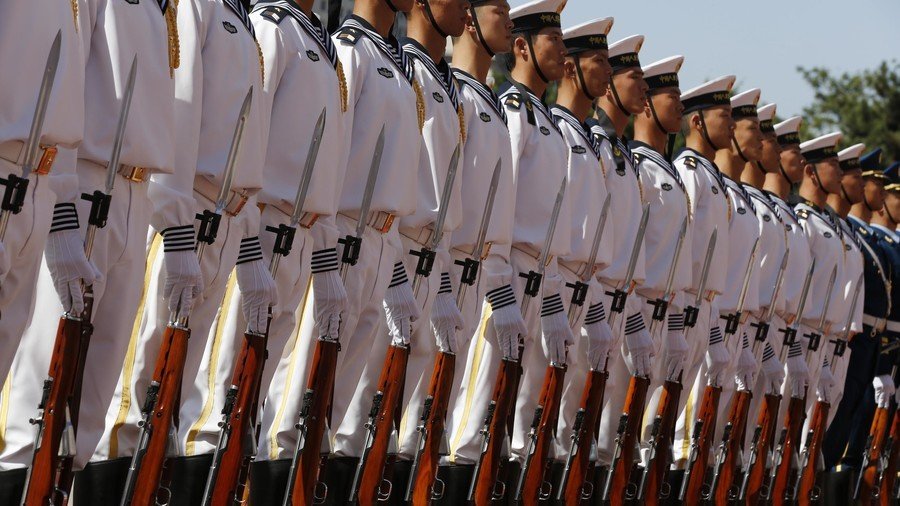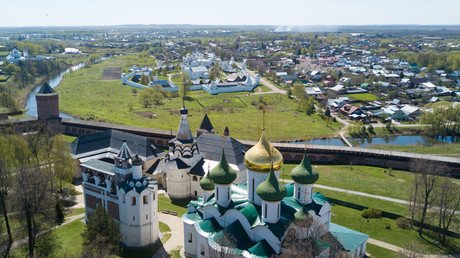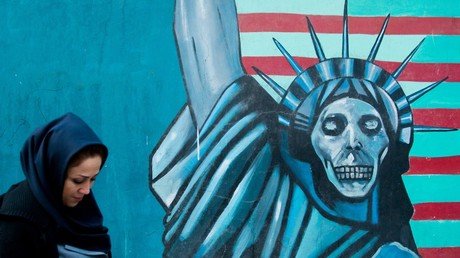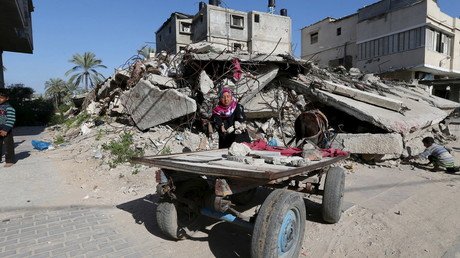BRICS group of emerging economies close ranks in face of US trade aggression

Russian President Vladimir Putin will attend the BRICS Summit in South Africa next week. The emerging economies of Brazil, Russia, India, China & South Africa will address challenges posed by escalating trade disputes with US.
The annual summit of the bloc will be held from July 25-27 in Johannesburg and will be attended by heads of the world’s leading developing nations. Home to 43 percent of the world’s population, four of the top BRICS economies are ranked in the world’s top 15 by GDP size, namely China (second), India (sixth), Brazil (eighth) and Russia (11th).
The BRICS meeting comes at a time when the US is trying to withdraw from global trade agreements that were first signed to serve its interests. Washington has also been accused of paralysing the work of the World Trade Organisation (WTO) by refusing to agree to the appointment of new judges at the WTO Appellate Body.
The summit could offer BRICS nations the opportunity to coordinate their efforts in tackling aggressive US trade policy. The countries have said they oppose the "new wave of protectionism" and Washington’s unilateral measures.
Developing nations are also eager to review their quotas in the US-dominated World Bank and the International Monetary Fund. The IMF is gradually reviewing its quota allocations, and the shift could increase the quota of developing economies. Emerging countries such as India, China, Brazil and Russia, have been asking for increased voting rights in the IMF to reflect their growing share in the global economy.
For more stories on economy & finance visit RT's business section















